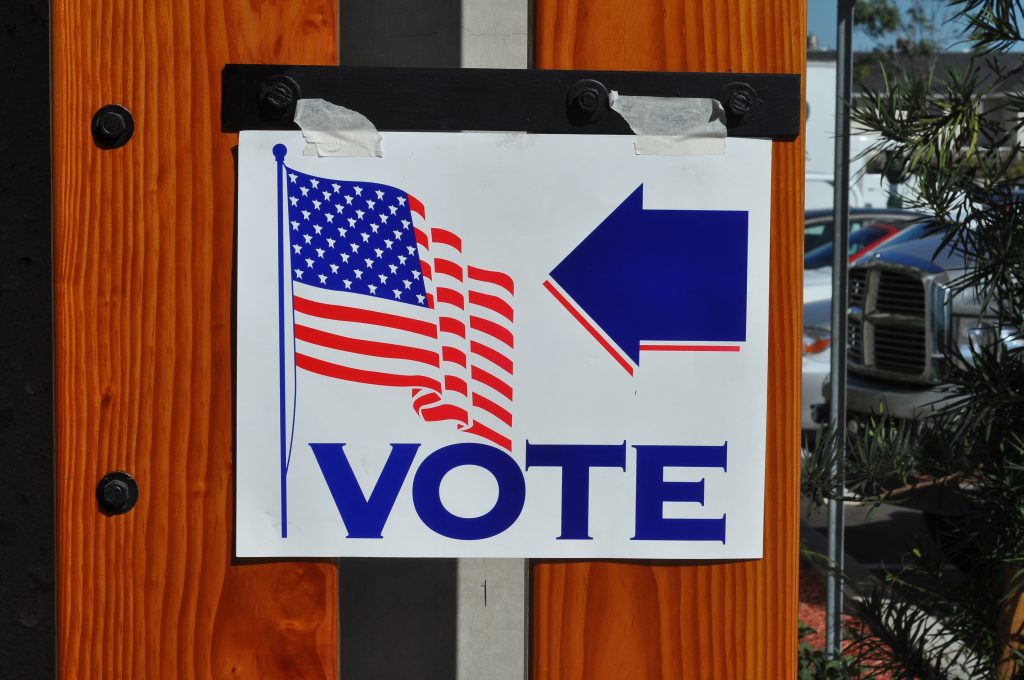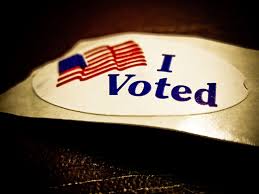How Arab American Voters Feel About the 2016 Presidential Election
How do Arab Americans view their role in this year’s presidential cycle?


Hundreds of thousands of Arab Americans call Southeast Michigan home. That community has found itself at the center of a number of debates during this presidential election. In December, Republican frontrunner Donald Trump called for a “total and complete shutdown” of American borders to Muslims after the shootings in San Bernardino. And Ted Cruz called for increased policing of Muslim communities as a means to avoid radicalization. Meanwhile, Arab Americans in Michigan especially young Arabs helped Democrat Bernie Sanders win over Hillary Clinton.
Osama Siblani, publisher of the Arab American News endorsed Sanders for president. He says the support for Sanders in the Michigan primary throughout the Arab community was because Sanders reached out directly to the community.
“Sanders’ message is not only appealing… it’s also that he reached out… Hillary Clinton did not reach out to us,” he says.
Siblani says a silver lining in all of the rhetoric against Arab communities is that the negativity has exposed a “cancer” in America; Islamophobia. He says now that it’s been exposed, it can be addressed.
“Anyone who understands America understands America stands for religious freedom,” Imam Mustapha Elturk, head of the Islamic Organization of North America. Elturk says he understands there is fear around the threat of Muslim radicalization in America, but it’s a fear shared by Muslims as well. “Certainly we feel overburdened by this particular issue… Youth are probably the most vulnerable, however I must admit that it is not youth that visit mosques.”
Imam Mohammed Elahi, head of the Islamic House of Wisdom, adds, “These are the United States of America, not the divided states.”
Siblani points out that the Arab community in Michigan is diverse. Arab Americans and immigrants come from 22 different nations, and many of them are Christian. Arab American Muslims are in the minority among Arab Americans.
Click on the audio link above to hear the entire conversation.
